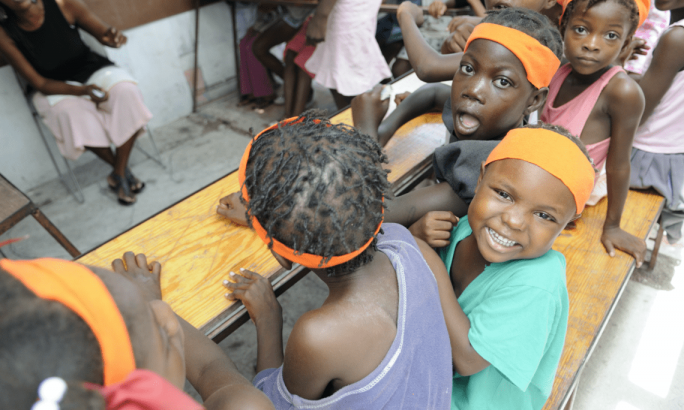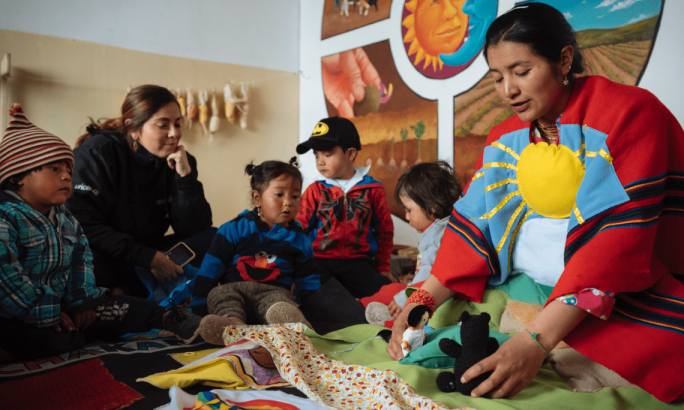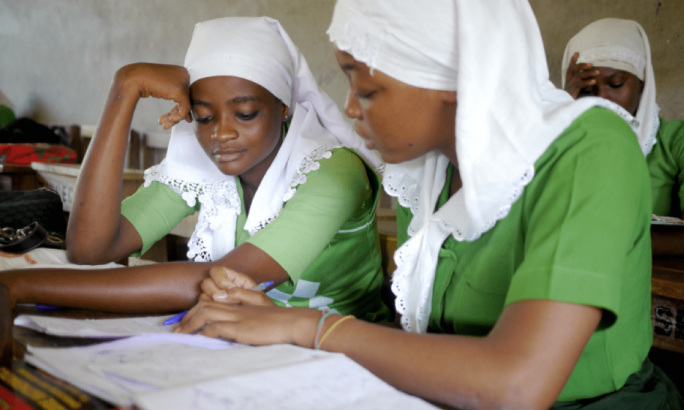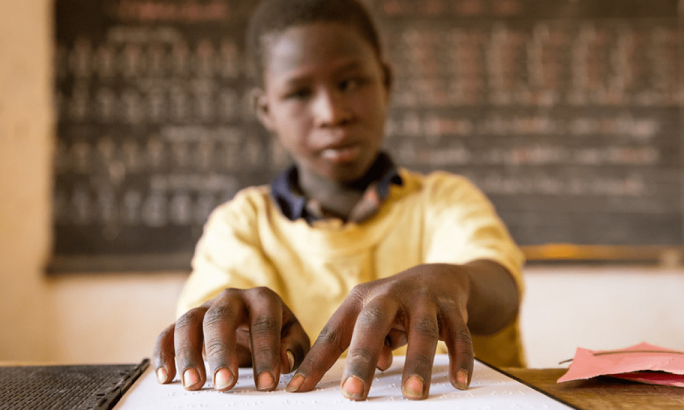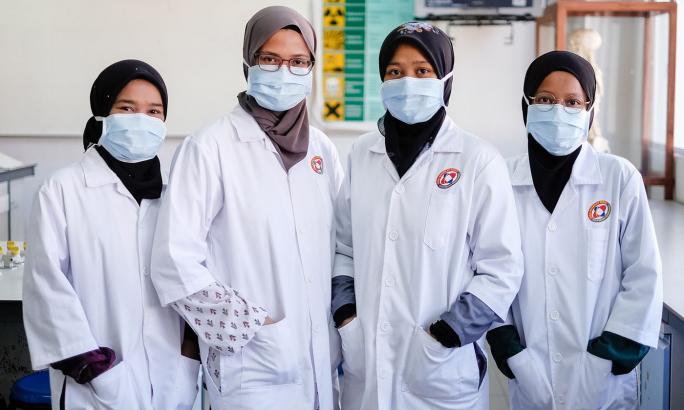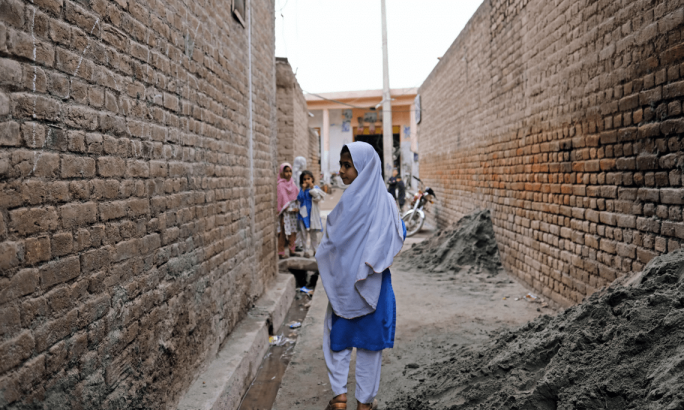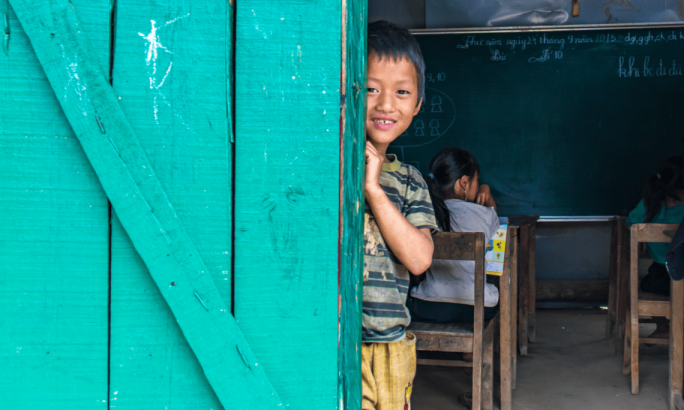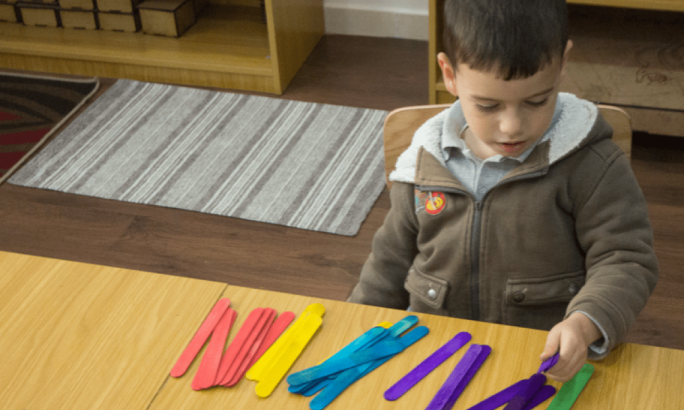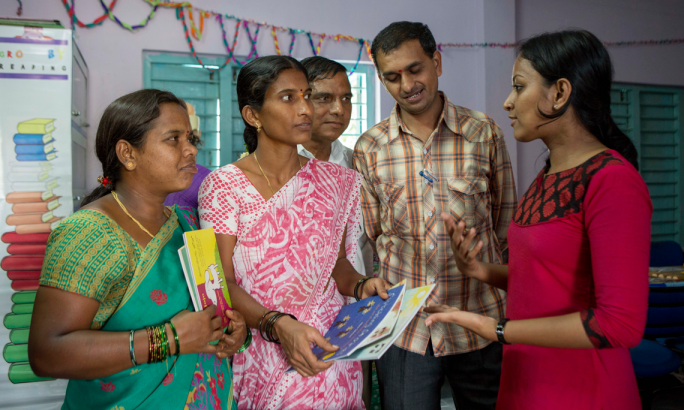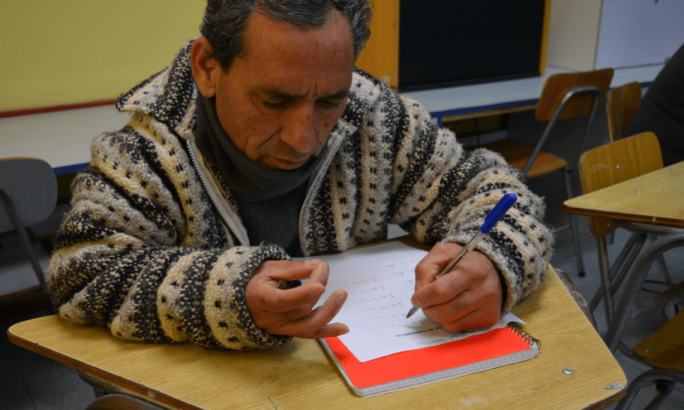In a period of immense disruption, the UNESCO International Institute for Educational Planning supported countries worldwide with education sector planning, management, and leadership, to promote learning and prosperity for all.
A note to our readers
The UNESCO International Institute for Educational Planning (IIEP- UNESCO) is an ardent supporter of equitable, inclusive quality education for all. In its nearly six-decade history, the Institute has worked with nations worldwide to imagine–and implement– educational plans and policies. Through a unique combination of technical cooperation, research, training, and knowledge sharing, IIEP supports ministries of education and their partners in using the latest tools and innovations in planning and management.
The events of 2020 added a new urgency to our mandate. The COVID-19 pandemic disrupted the world, claiming millions of lives, exacerbating inequalities, and threatening years of progress in the education sector. IIEP reacted quickly to the crisis, and adapted its activities to both respond to fast-changing needs and prepare for what lies ahead. Climate change and a global refugee crisis made even clearer the need to not just plan for the future, but to respond to the here and the now. Many of the challenges the education sector anticipated are now very much on our doorstep.
It is often said that the strength of a nation lies in its people. As the new Director of IIEP, I see that the strength of the Institute is its global staff based in Paris, Dakar, and Buenos Aires. As we embark on a new Medium-Term Strategy, we will redouble our efforts to accompany UNESCO Member States in planning and managing effective education systems. By planning today, education can effectively shape our collective futures.

In figures
in 2020-2021
Developing capacities to plan and manage effectively
Producing and sharing actionable knowledge
Our mission
IIEP’s global mandate is to strengthen the capacity of UNESCO Member States to plan and manage their education systems. While more children and youth attend school than ever before, inequalities persist. IIEP takes an intersectional approach to educational planning and management while emphasizing equity, quality, leadership, resilience, inclusion, and sustainability throughout all of its activities. By working closely with governments and partners, IIEP promotes lifelong learning, global citizenship, and a participatory, flexible approach to planning for a continuously evolving education sector.
Our strategy
Ten value streams guide IIEP’s work with its target audiences, in particular ministries of education across the globe. These value streams –defined in the forthcoming 11th Medium-Term Strategy– are embraced throughout IIEP’s training, technical cooperation, research and development, and knowledge sharing activities, highlighting the Institute’s commitment to the global Education 2030 Agenda.
Applying our values
IIEP applies these priorities to its integrated approach to capacity development, combining training, technical cooperation, research and development, and knowledge sharing to deliver over 191 projects of all sizes around the world.
Supporting countries during COVID-19 and beyond
Now we face a generational catastrophe that could waste untold human potential, undermine decades of progress, and exacerbate entrenched inequalities.”
IIEP’s impact: Learning and reflecting
A look ahead
This is a critical time for education globally. COVID-19 has dramatically changed the interactions of students, teachers, and administrative staff and the overall learning environment. It has also accelerated innovation. In a short time, schools worldwide have moved online and adopted new technologies. As countries continue to adapt, navigate, and ultimately recover from the crisis, IIEP hopes the lessons of this momentous period will help education systems build forward better. IIEP will also welcome a new strategy in 2022–the 11th Medium-Term Strategy–to implement transformative change. We invite educationalists–planners, policy-makers, and managers–to engage, plan, and build the future with us.
